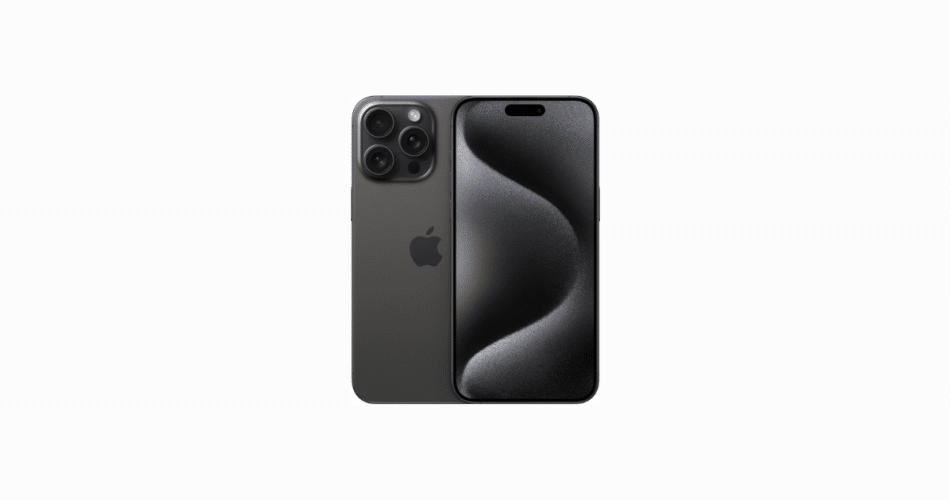Apple is reportedly planning a significant leap in camera technology with the iPhone 18 Pro, introducing a variable aperture system for its wide-angle lens. This feature, expected to debut in 2026, promises to transform iPhone photography by providing users with greater control over depth of field and light management, typically seen in professional DSLR and mirrorless cameras. Industry analyst Ming-Chi Kuo has reiterated this claim, highlighting how the addition of a variable aperture could “significantly enhance the user photography experience.”
Currently, iPhone models rely on a fixed aperture system, such as the ƒ/1.78 aperture on the main cameras of the iPhone 14 Pro, 15 Pro, and 16 Pro. With a fixed aperture, the lens remains wide open, and background blur effects like bokeh rely heavily on computational techniques like Portrait mode. A variable aperture would allow photographers to physically adjust the size of the lens opening, enabling true optical depth of field adjustments without computational post-processing. This could offer a more authentic and versatile photography experience for users who prioritize creative control.
The technology behind this development involves mechanical aperture blades, which can adjust the lens opening to regulate the amount of light hitting the camera sensor. Apple’s move to incorporate this advanced feature is linked to BE Semiconductor, a supplier of assembly equipment for these aperture blades.
While the benefits of variable apertures are clear, the impact may be moderated by the physical limitations of smartphone sensors, which are smaller than those in traditional cameras. A larger sensor could amplify the effectiveness of the variable aperture by enhancing light capture and improving the natural bokeh effect. Whether Apple will include a larger sensor in the iPhone 18 Pro remains speculative, but such an upgrade would further cement the device’s standing as a photography powerhouse.
Interestingly, the variable aperture feature was initially rumored for the iPhone 17 but has since been pushed to the iPhone 18 Pro lineup. This suggests that Apple is refining the technology for a later release, ensuring it meets the high standards expected of its flagship products.
In addition to the camera updates, Ming-Chi Kuo has shared insights into Apple’s broader product pipeline, including the development of M5 chips for future Macs. Leveraging TSMC’s N3P process, the M5 series will reportedly enhance AI inferencing capabilities and power Apple’s Private Cloud Compute infrastructure.
(via Medium)
Subscribe to our email newsletter to get the latest posts delivered right to your email.

